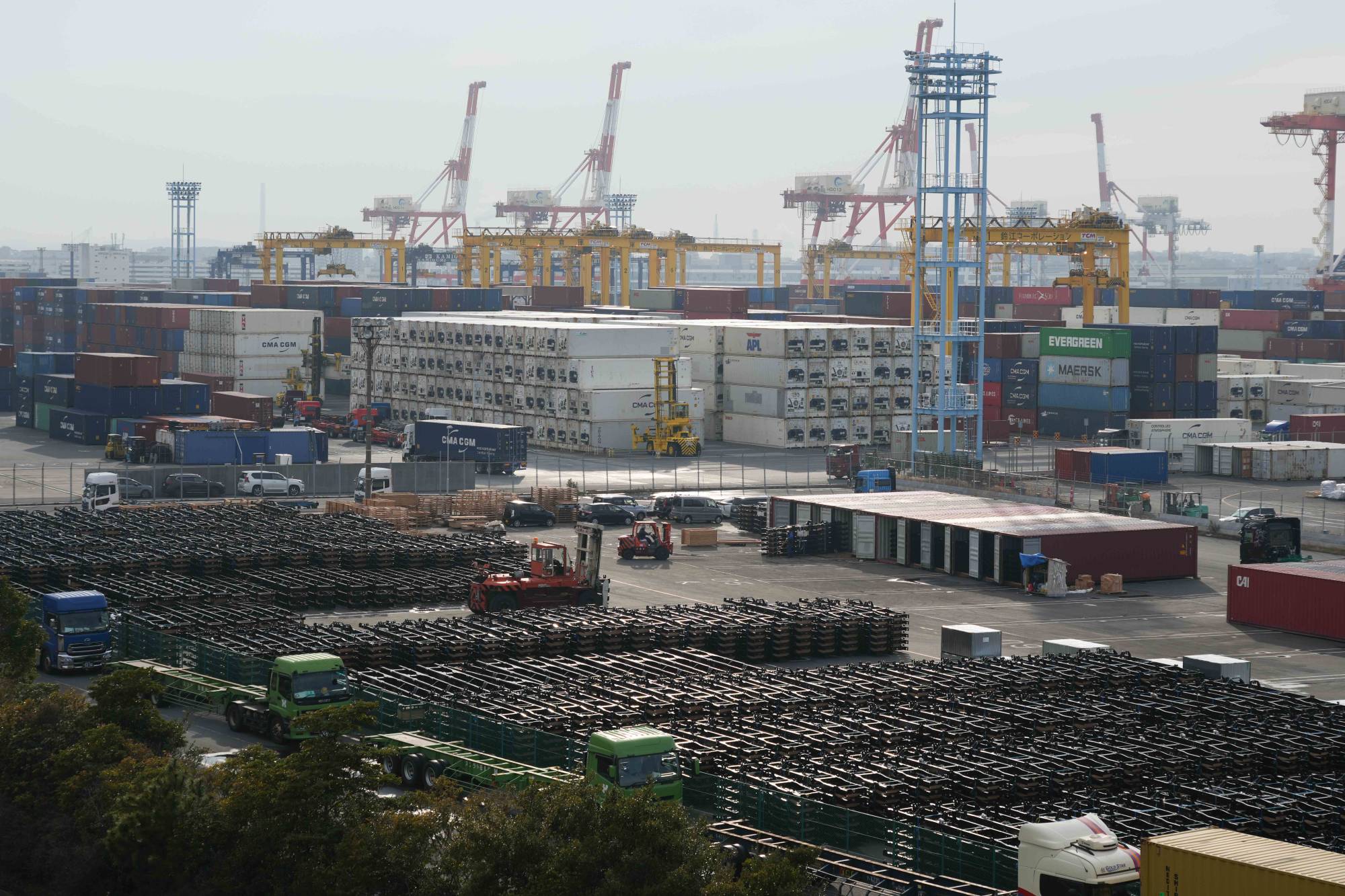Japan recorded its largest current-account deficit in January since the start of 2014 as a jump in oil-import costs offset gains in investment income, with continuing uncertainty due to the Ukraine crisis and the COVID-19 pandemic.
The current-account data highlighted the dependence of Japan's resource-deficient economy on imports of commodities and raw materials, which caused the trade deficit to widen.
The world's third-largest economy posted a current-account deficit of ¥1.2 trillion in January, the data showed Tuesday, versus economists' median estimate of a ¥880 billion deficit in a Reuters poll. It was the second straight month of deficit and marked the second largest deficit under comparable data going back to 1985.



